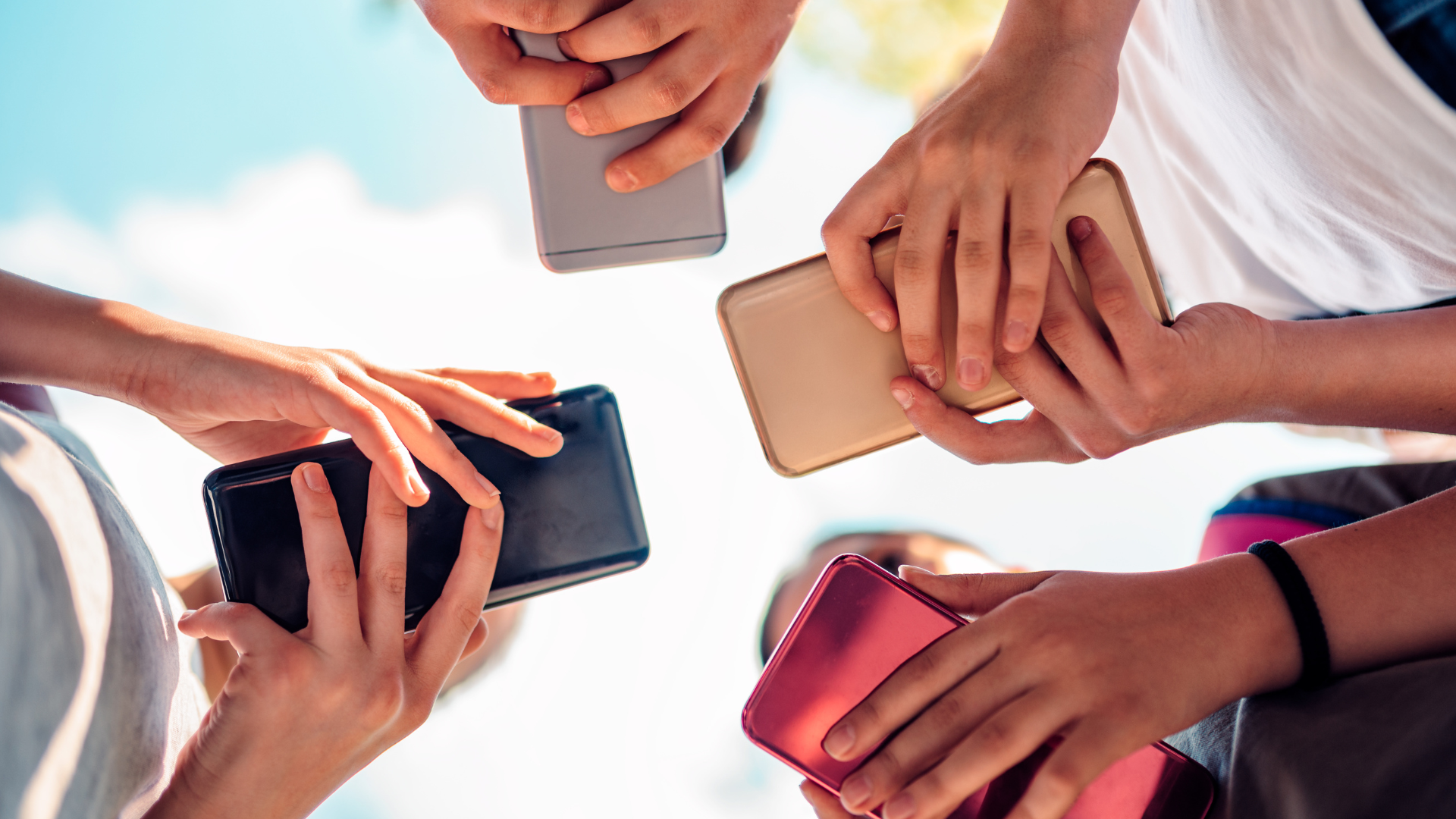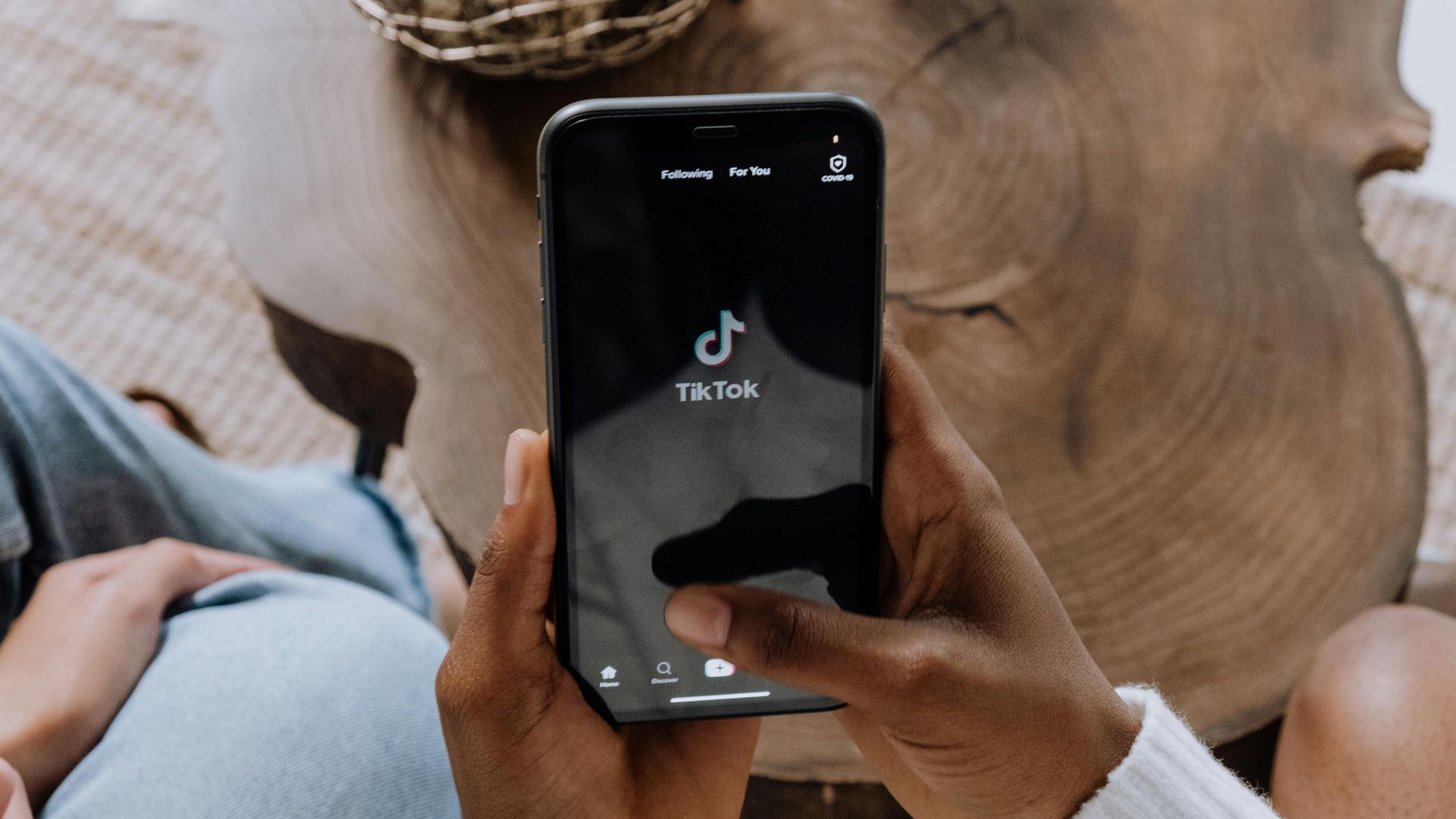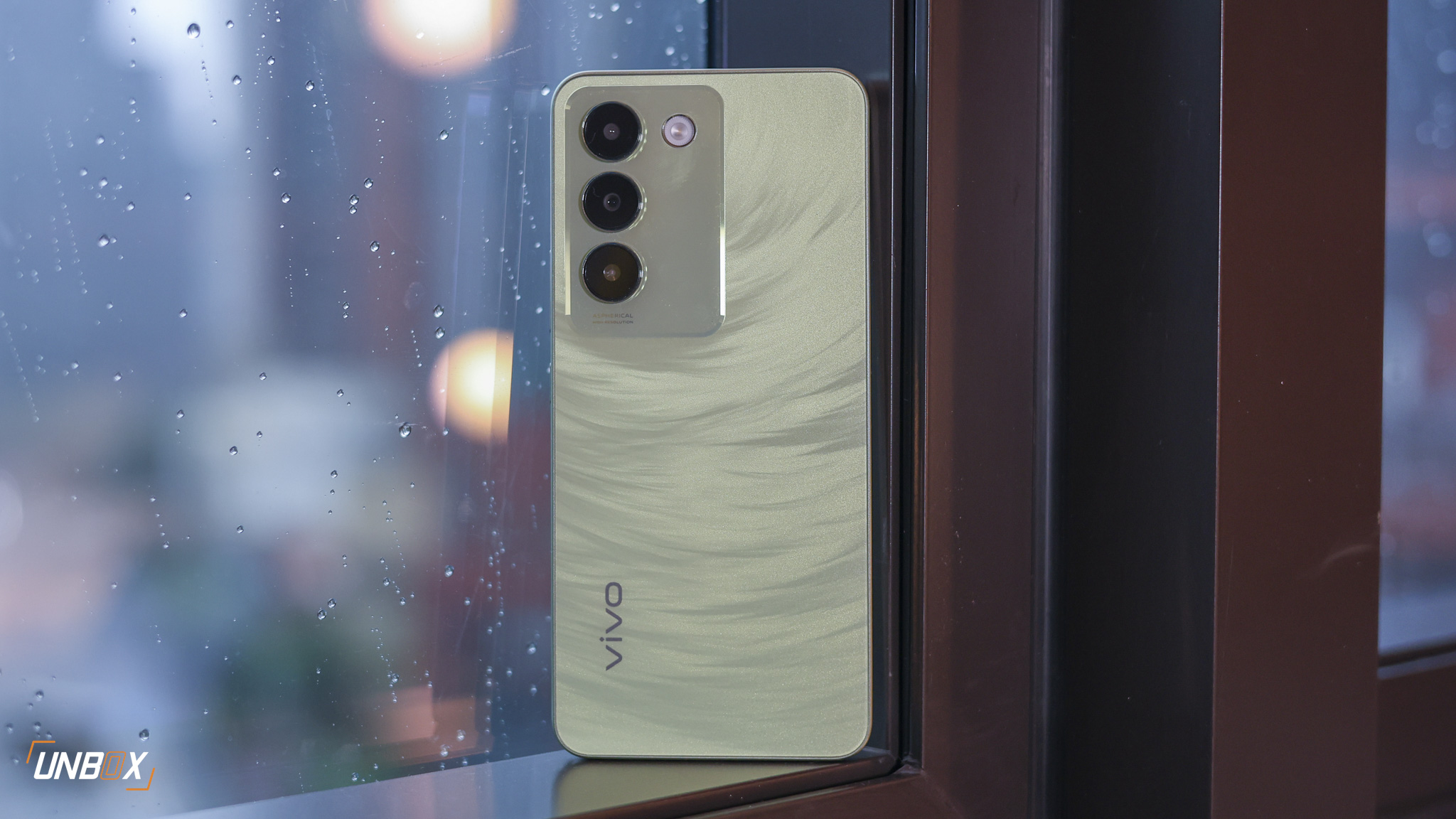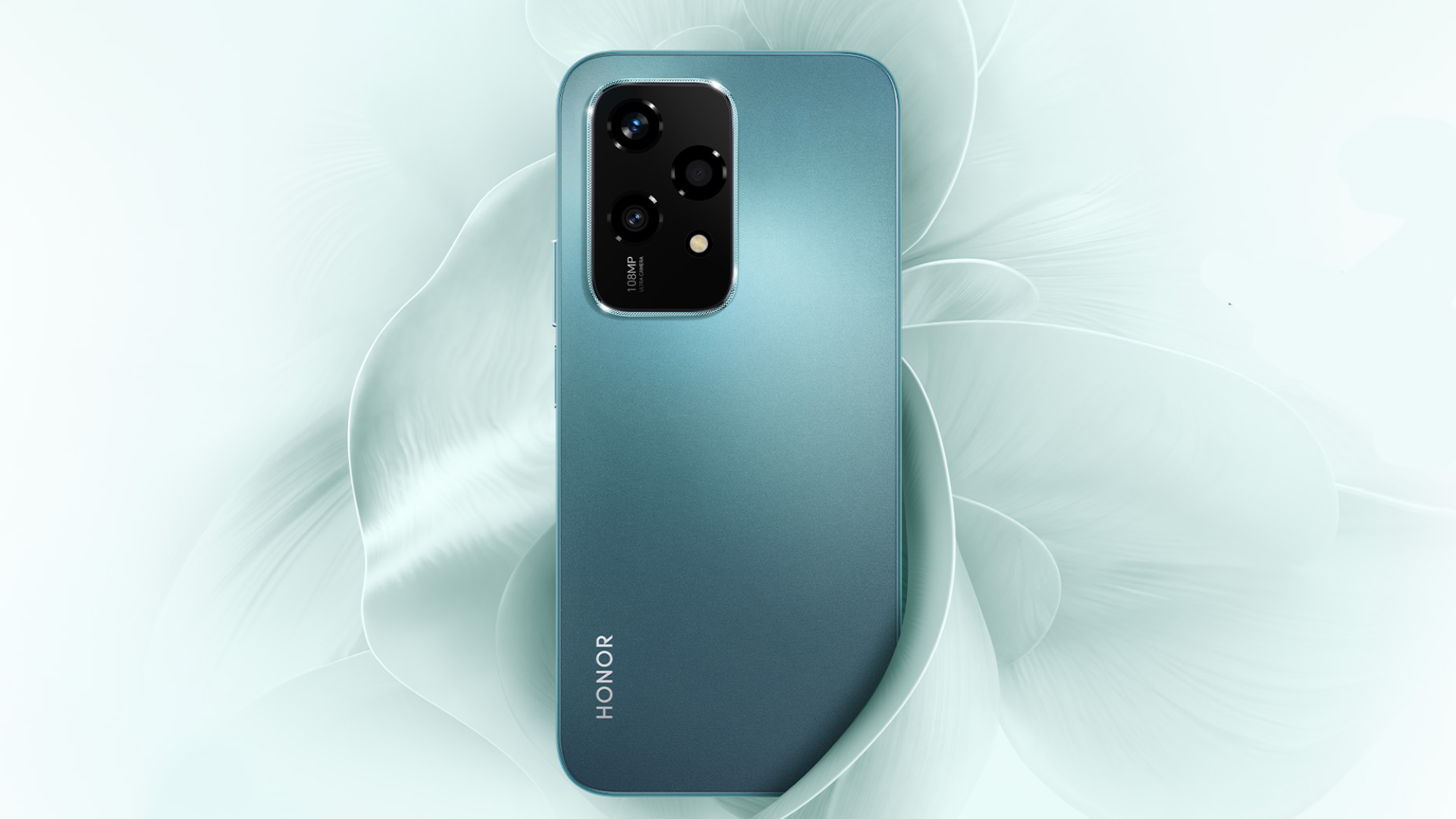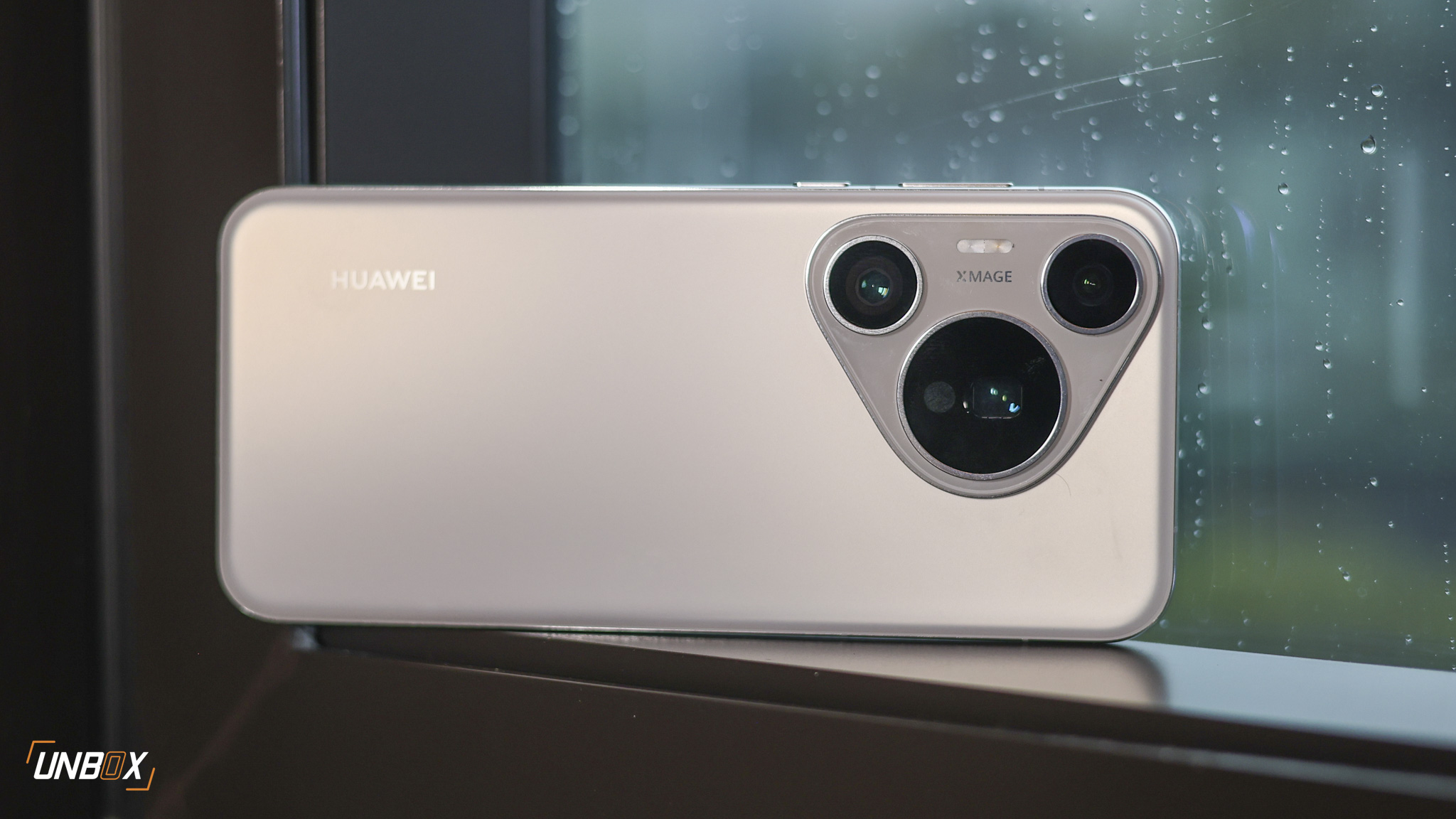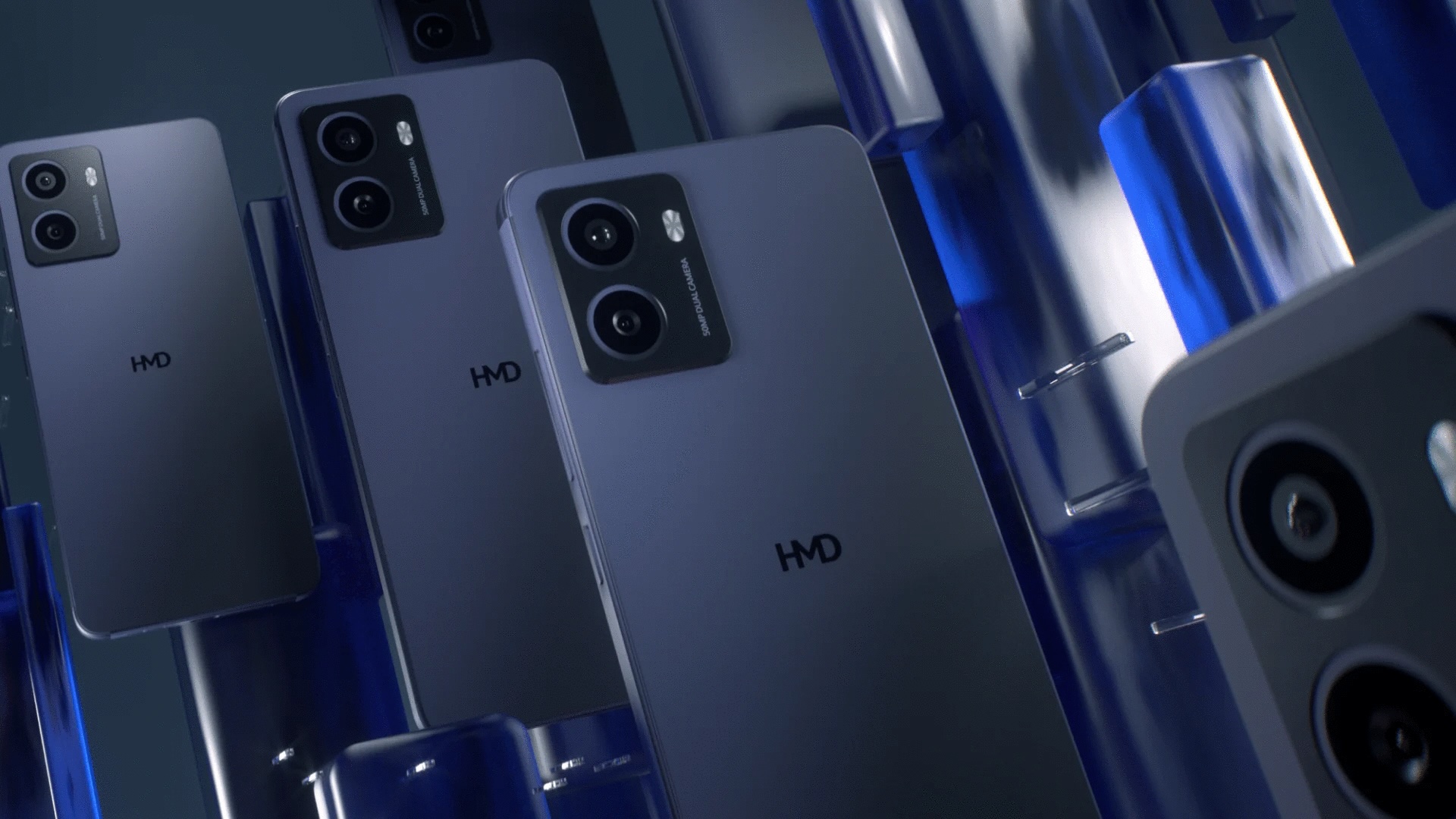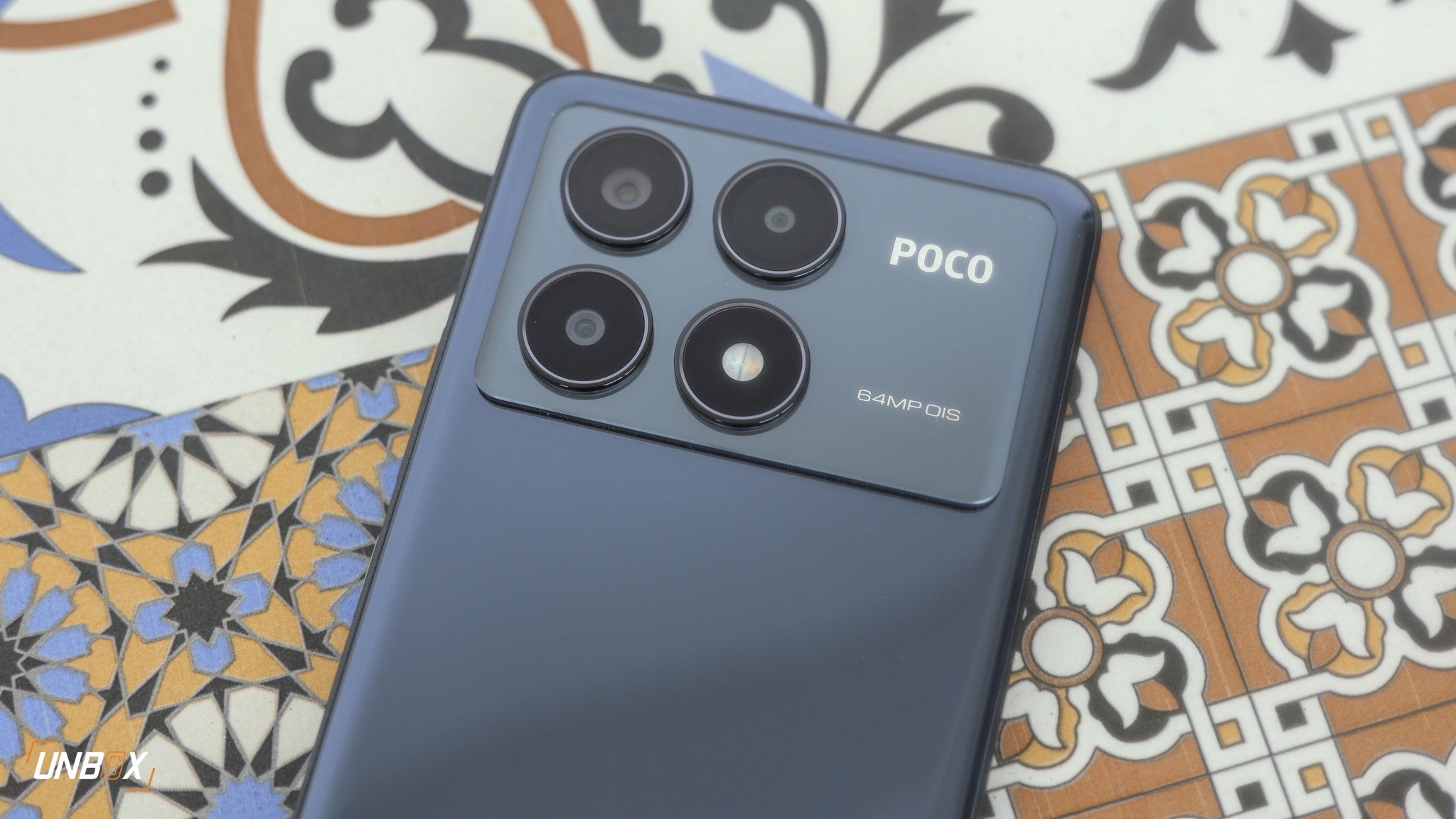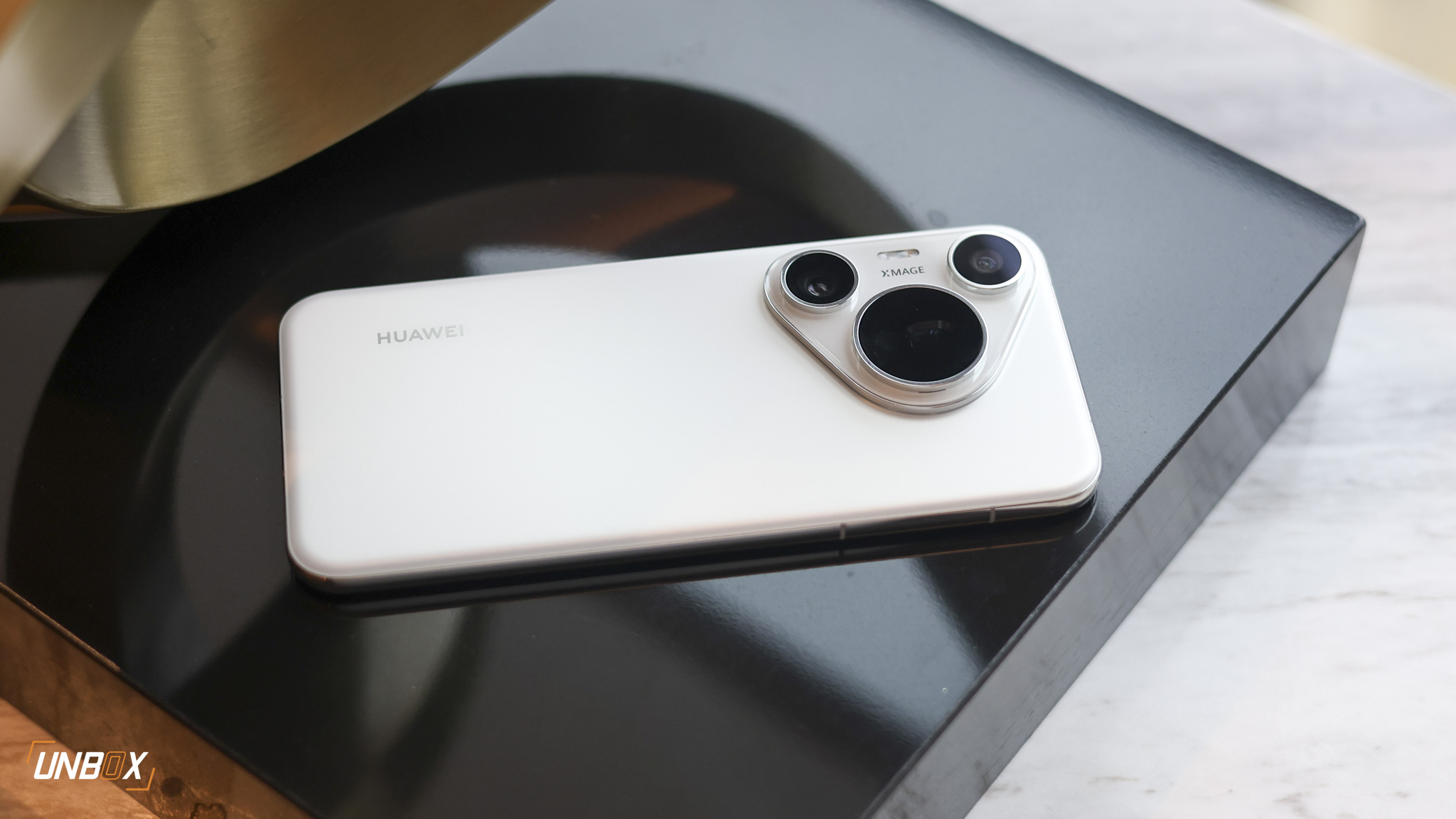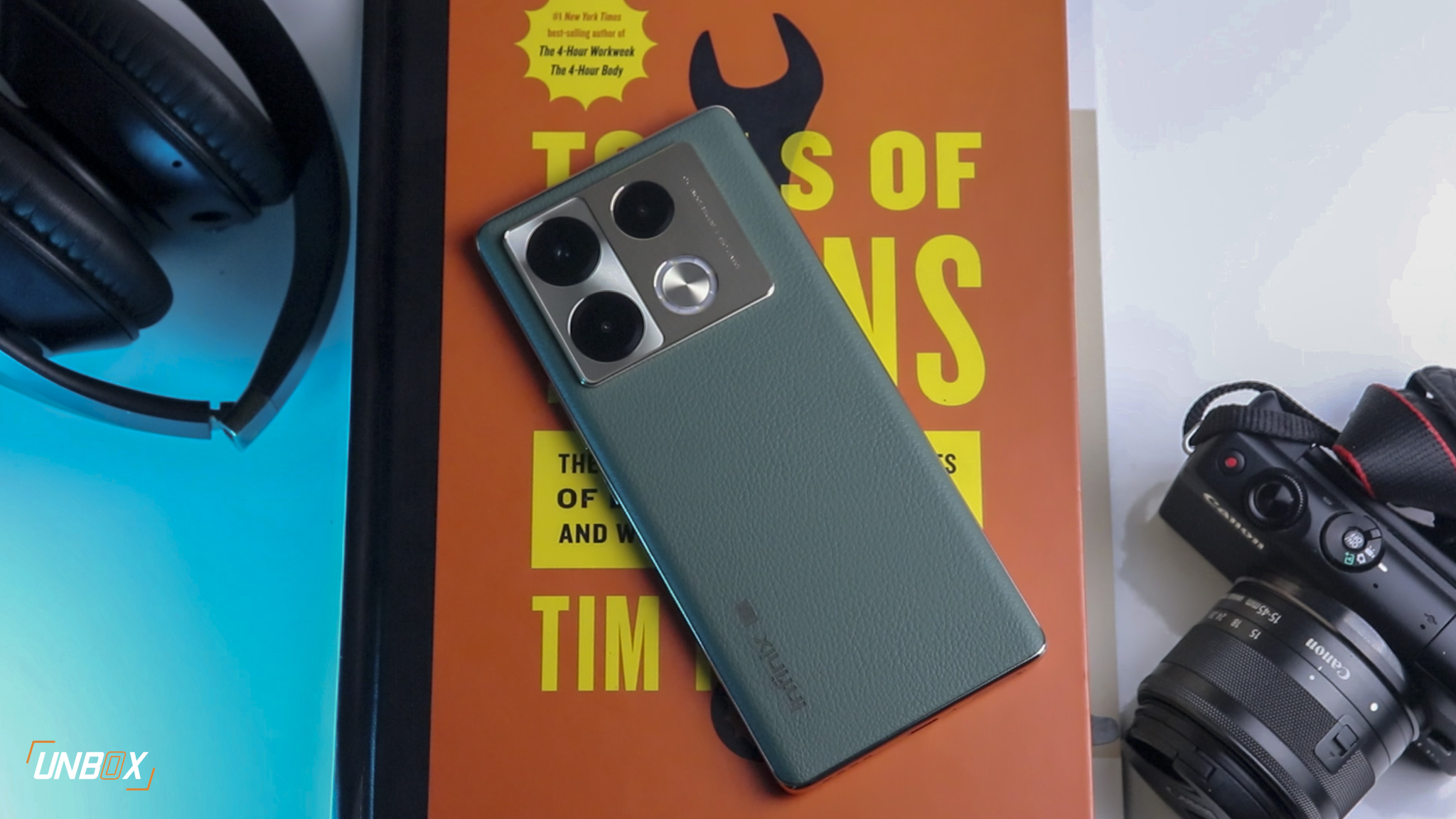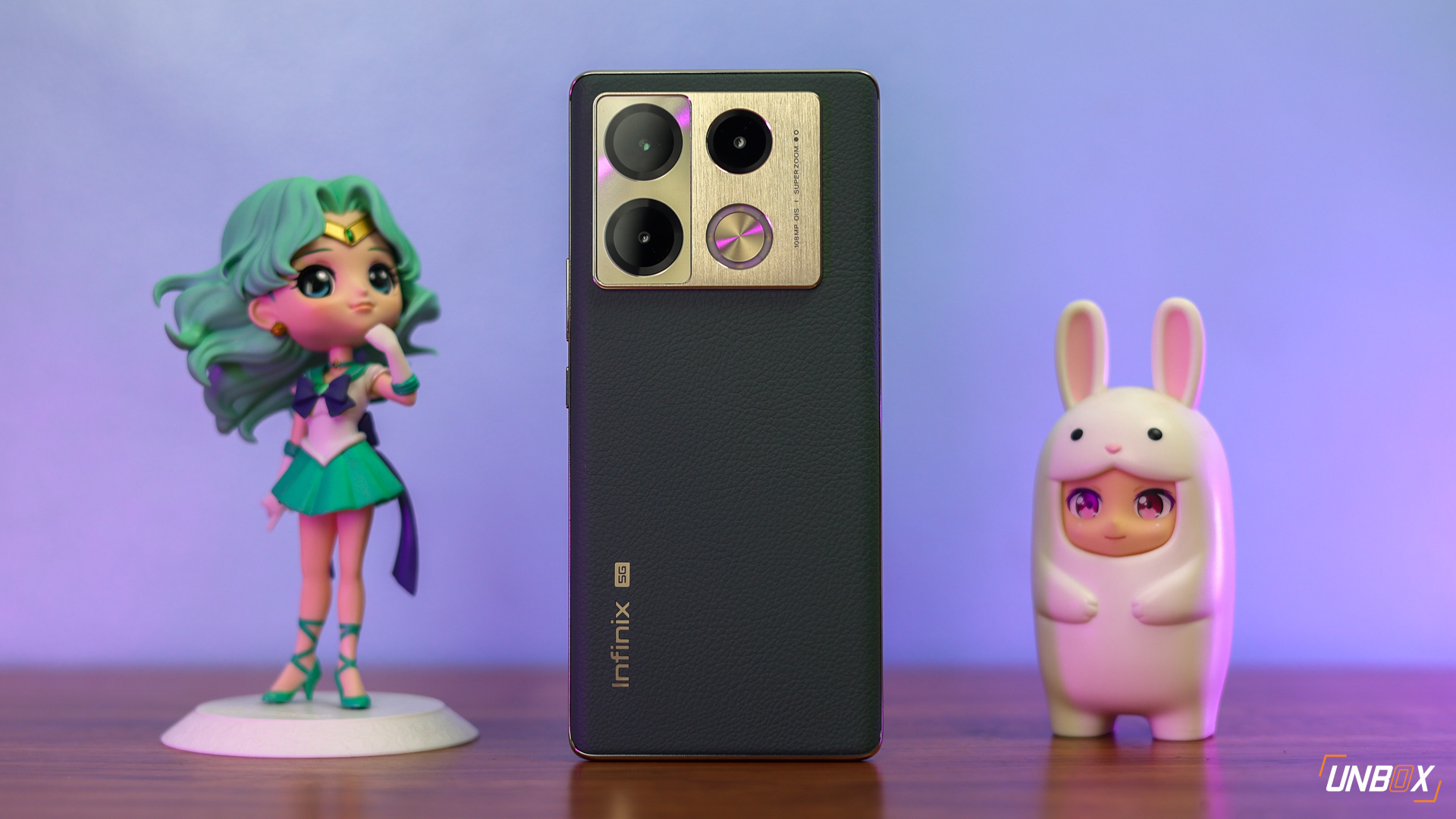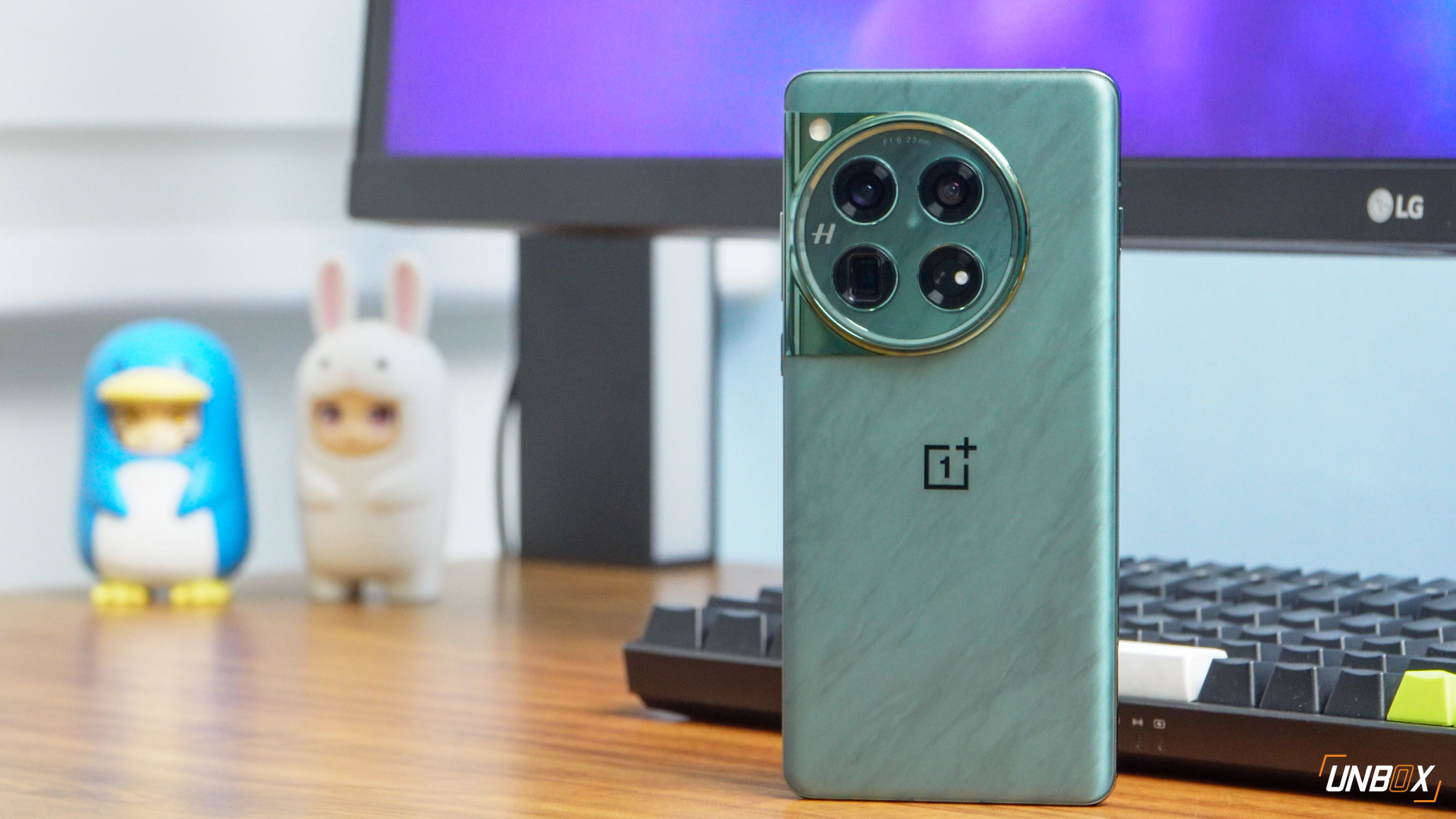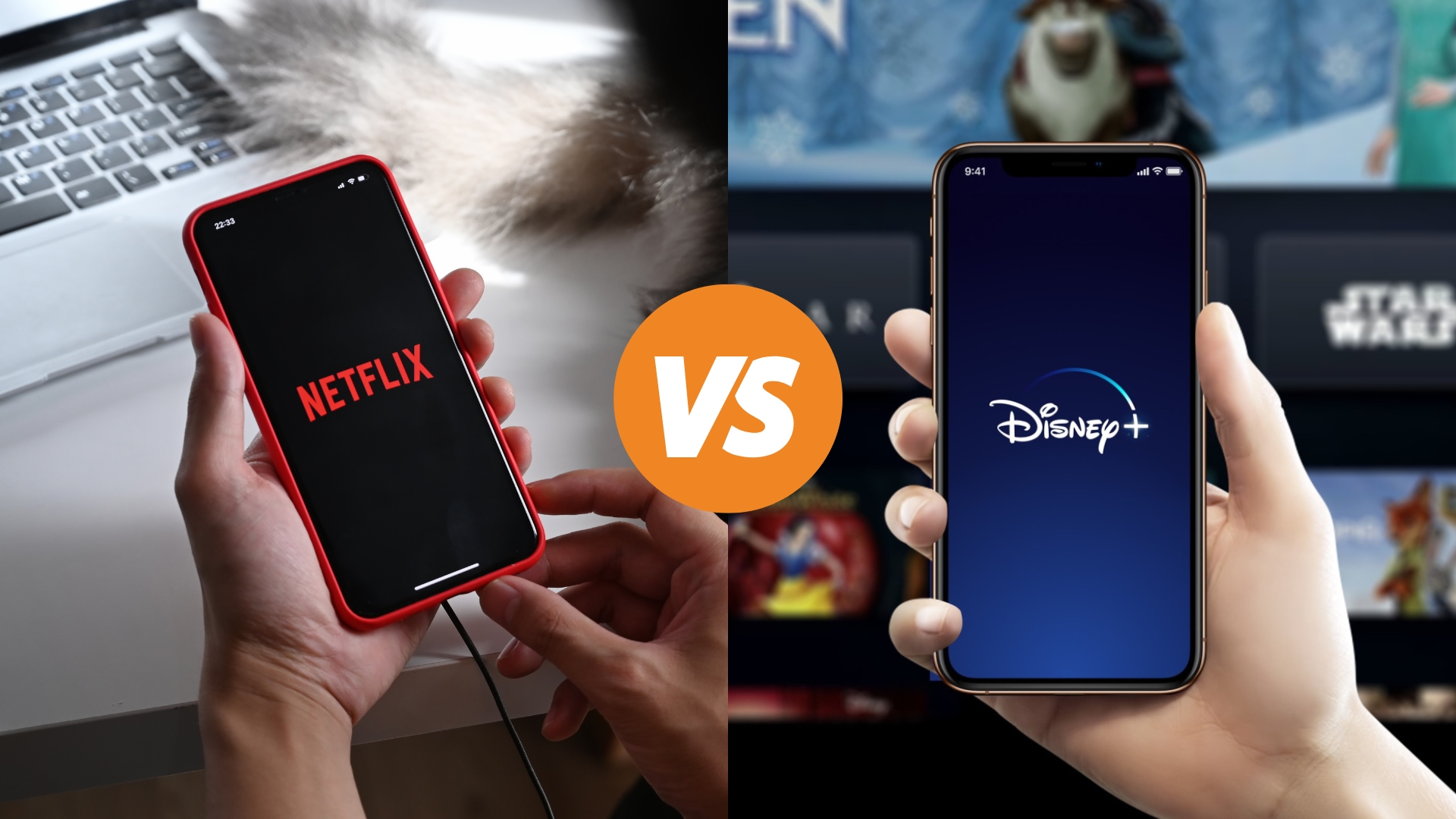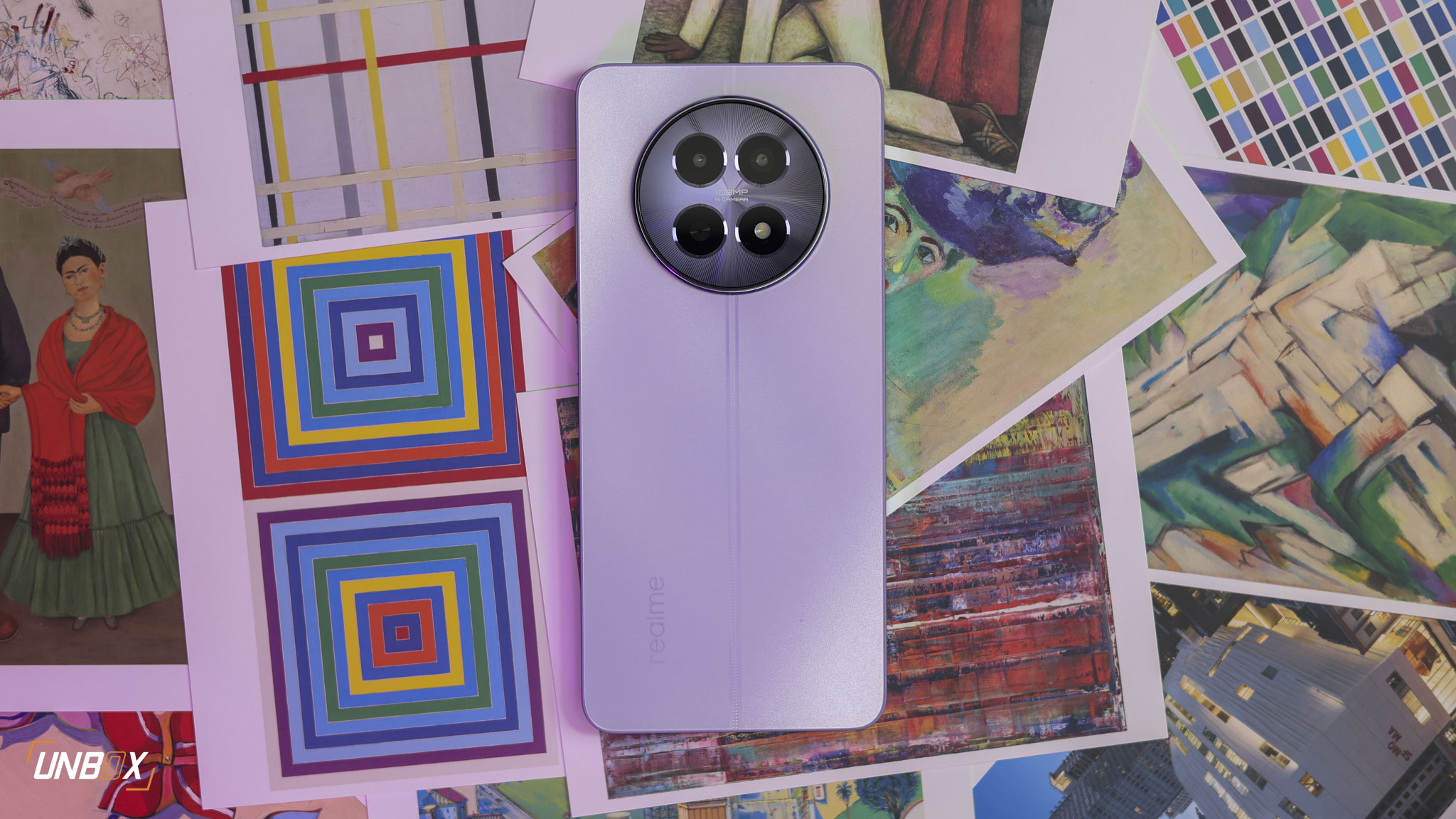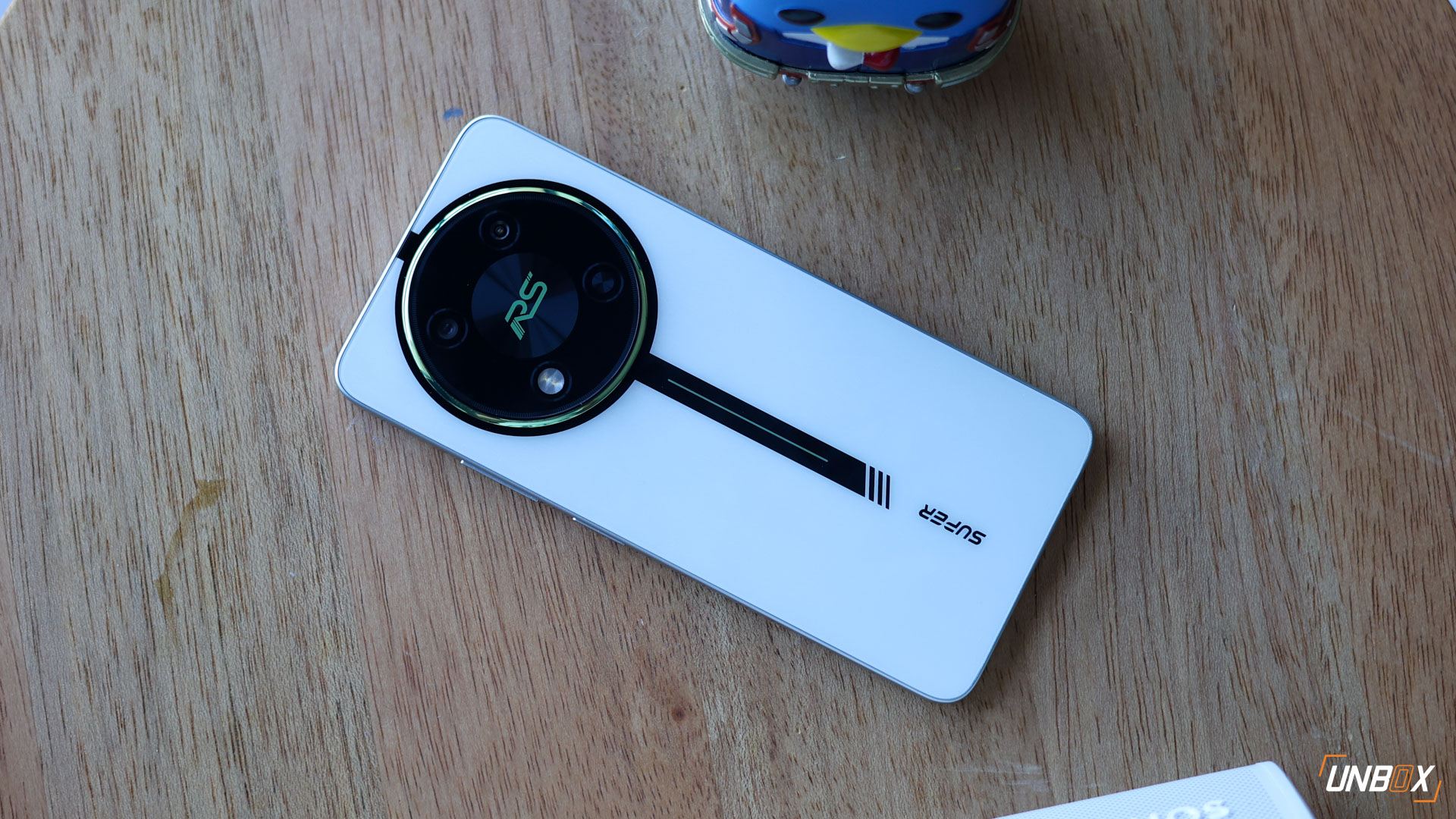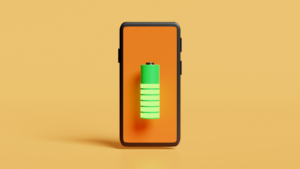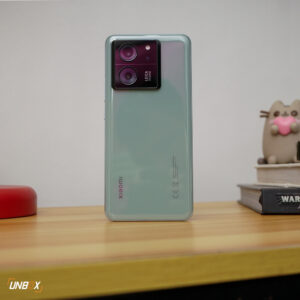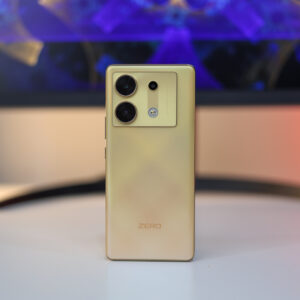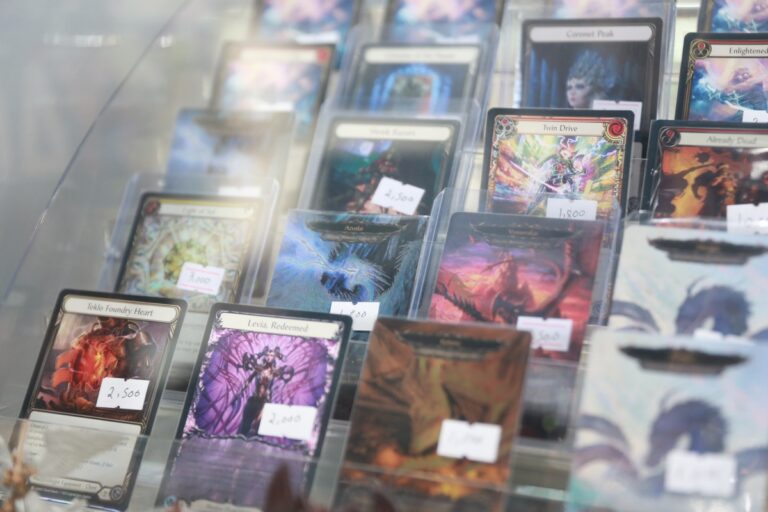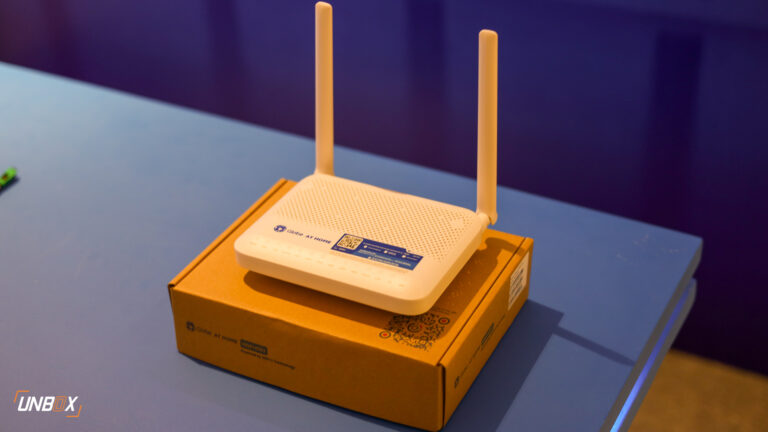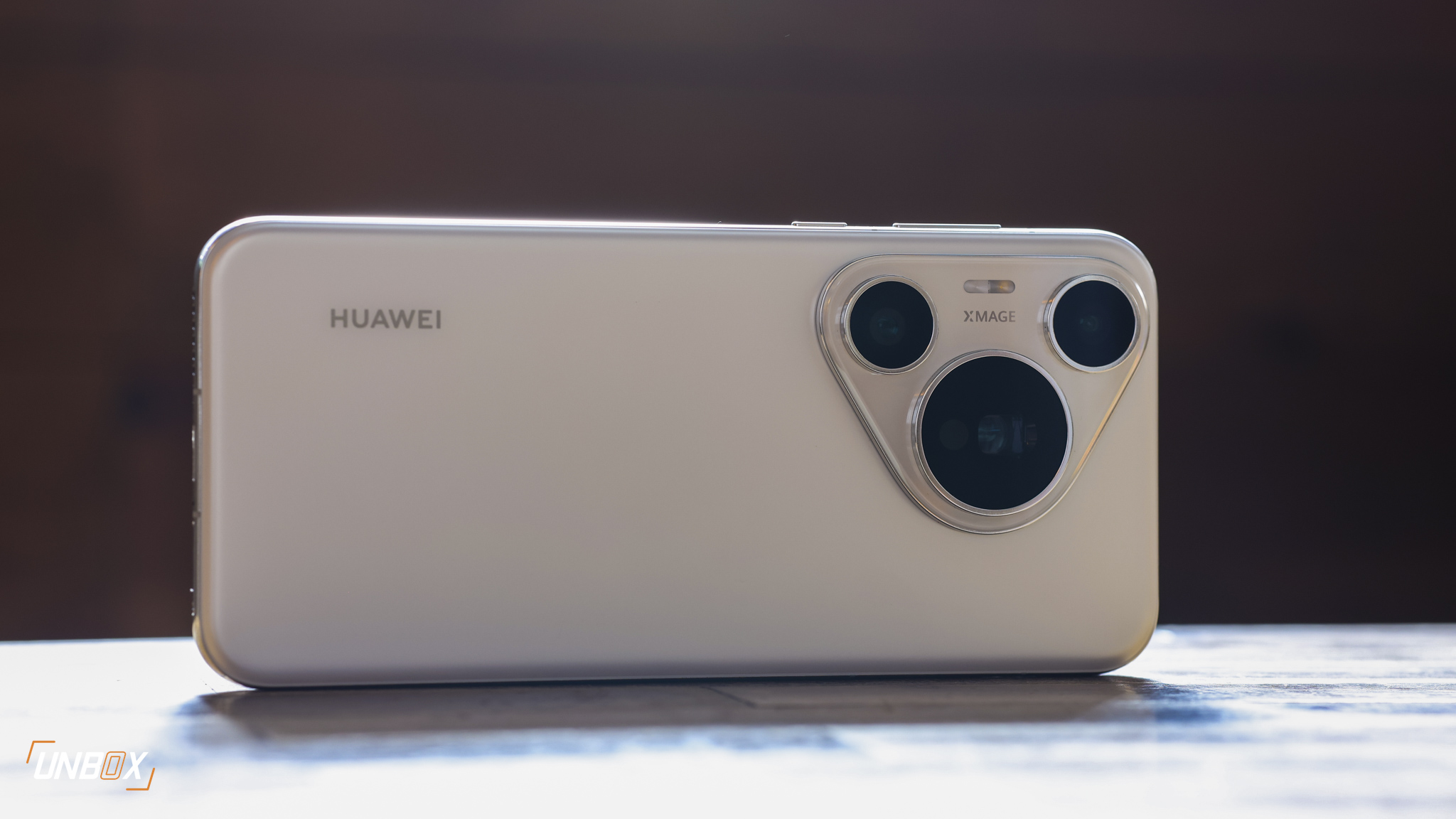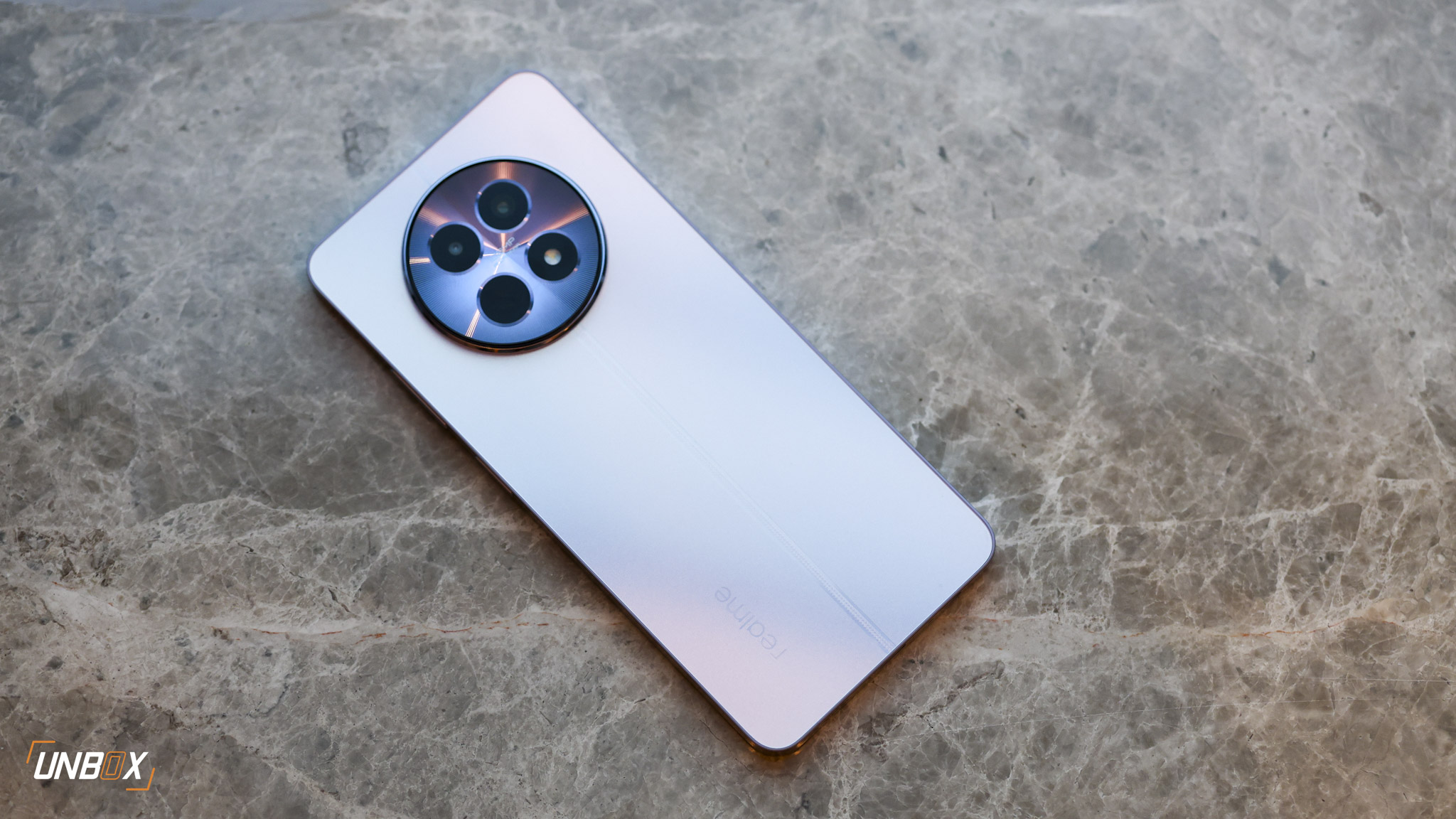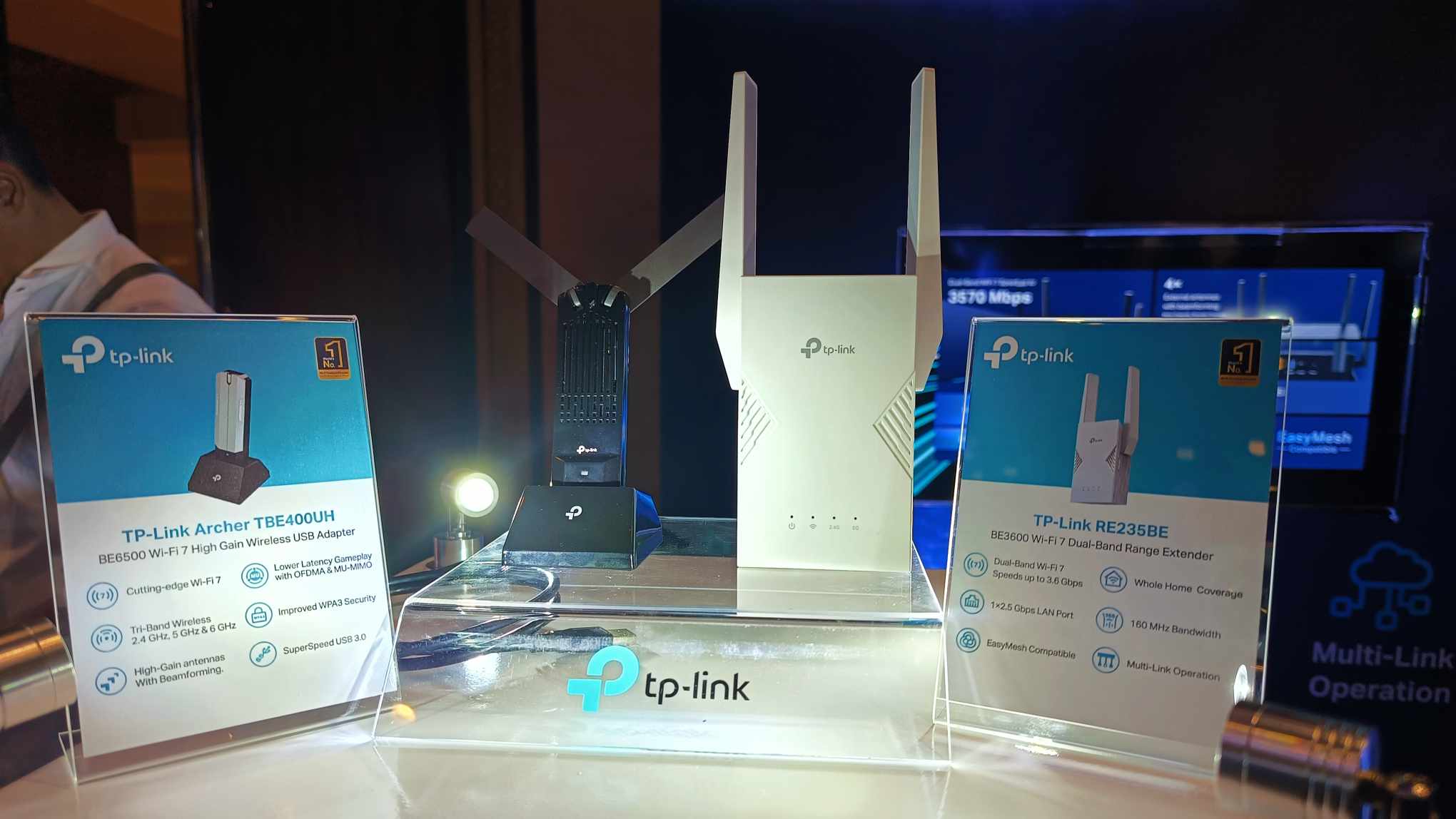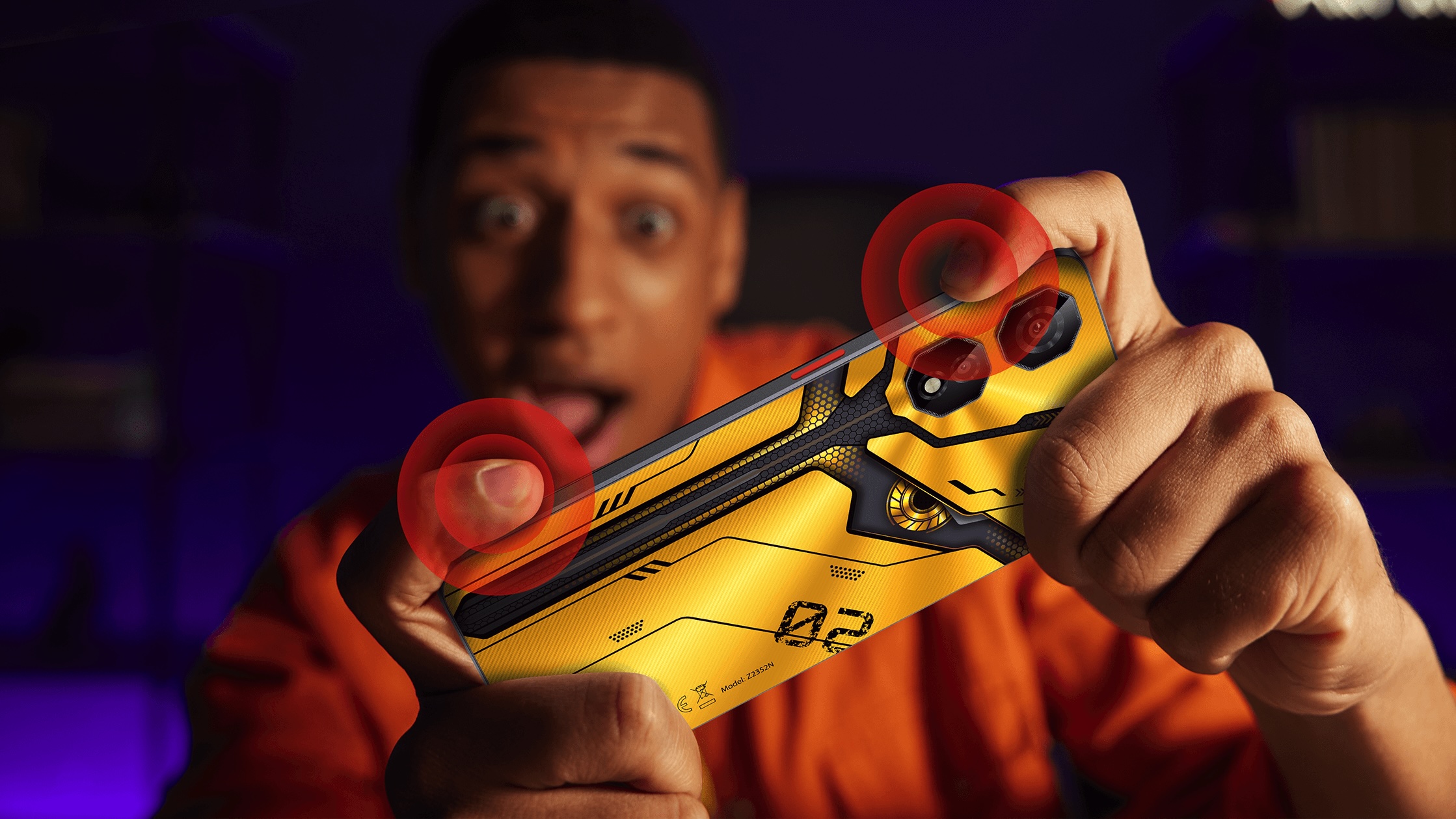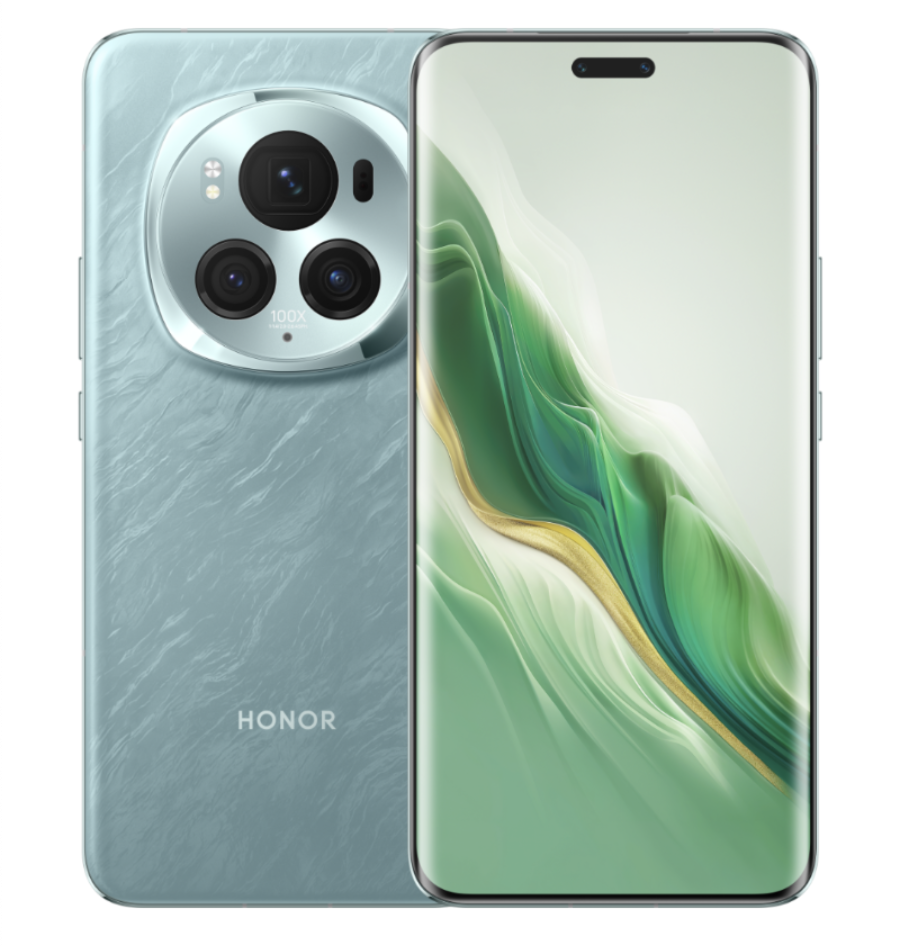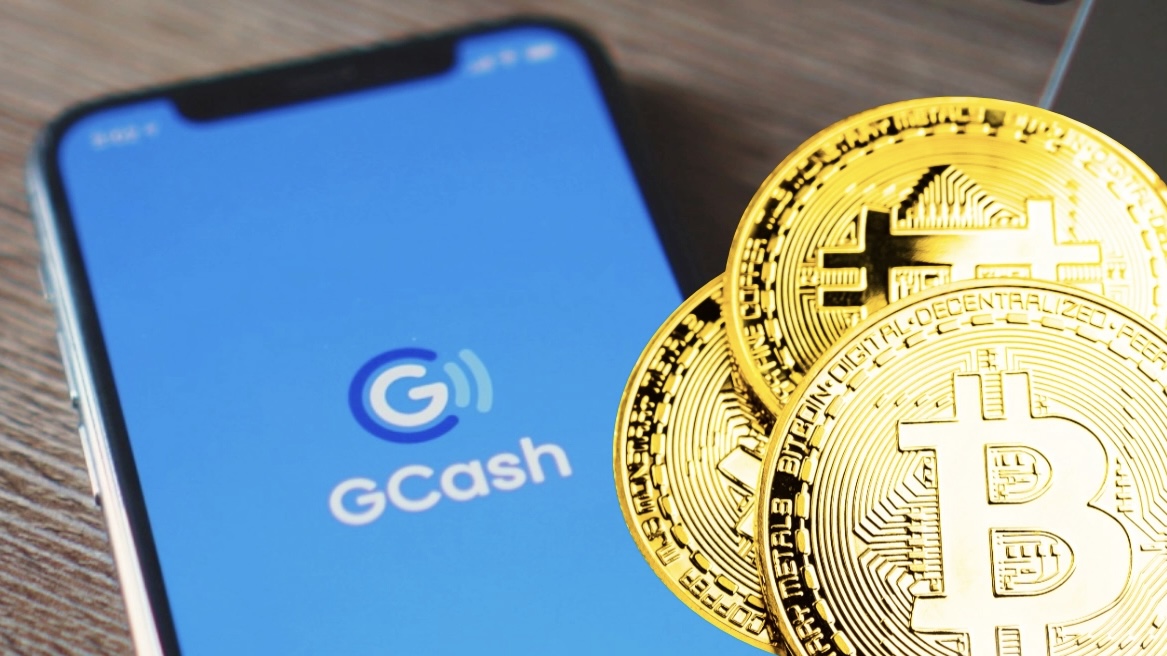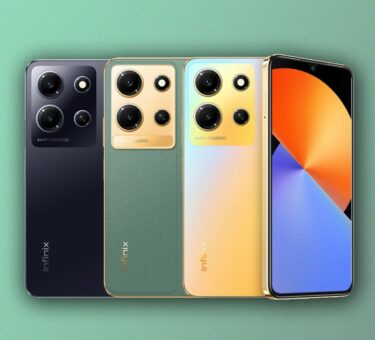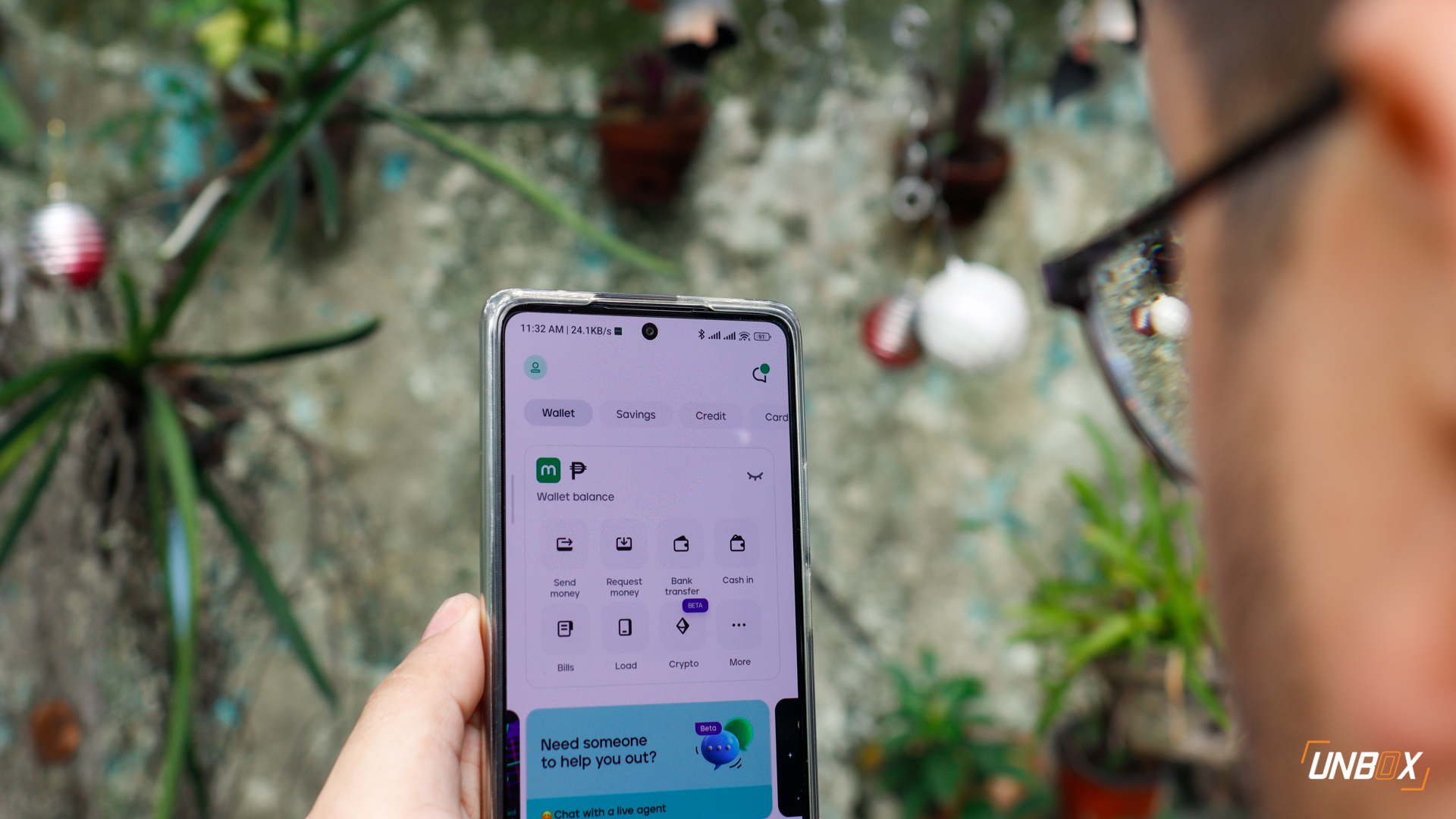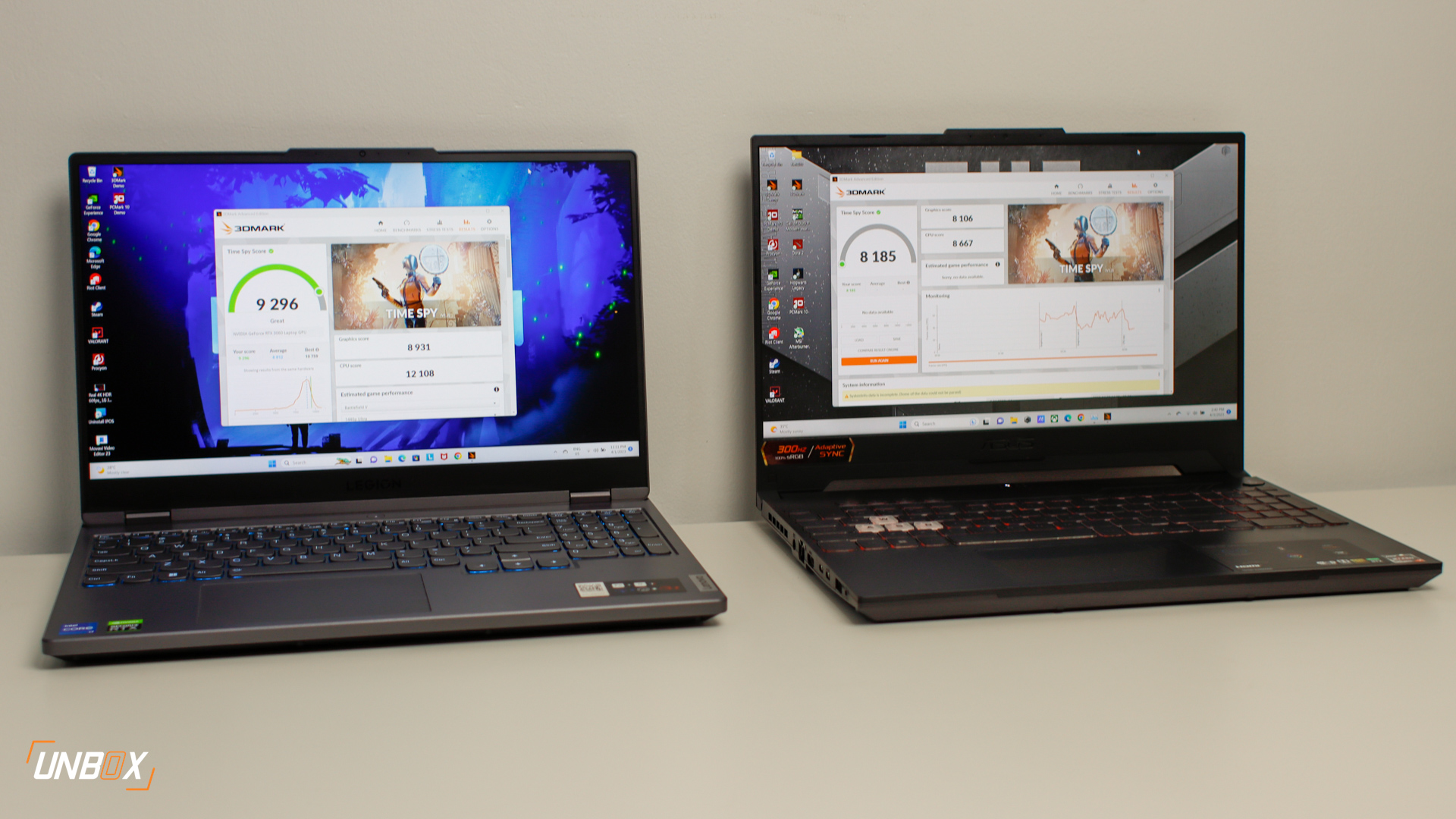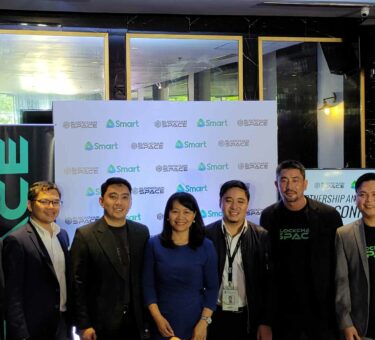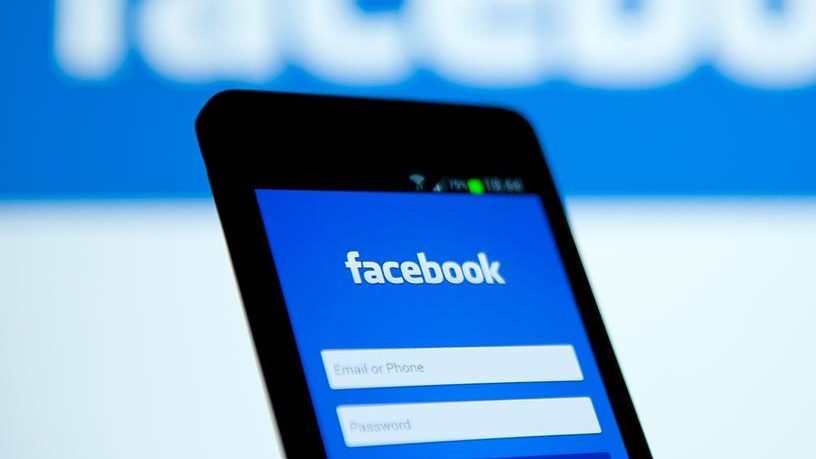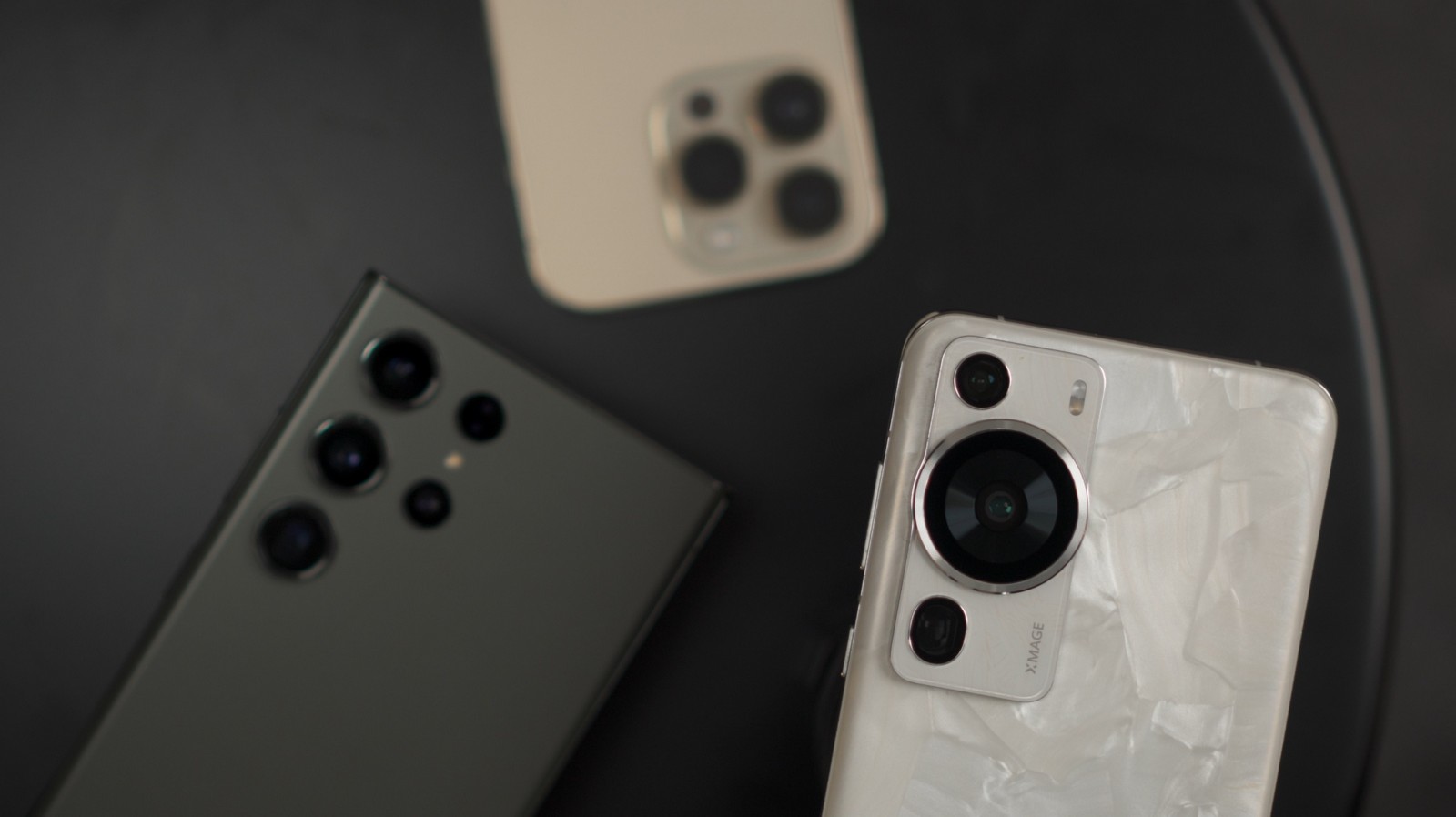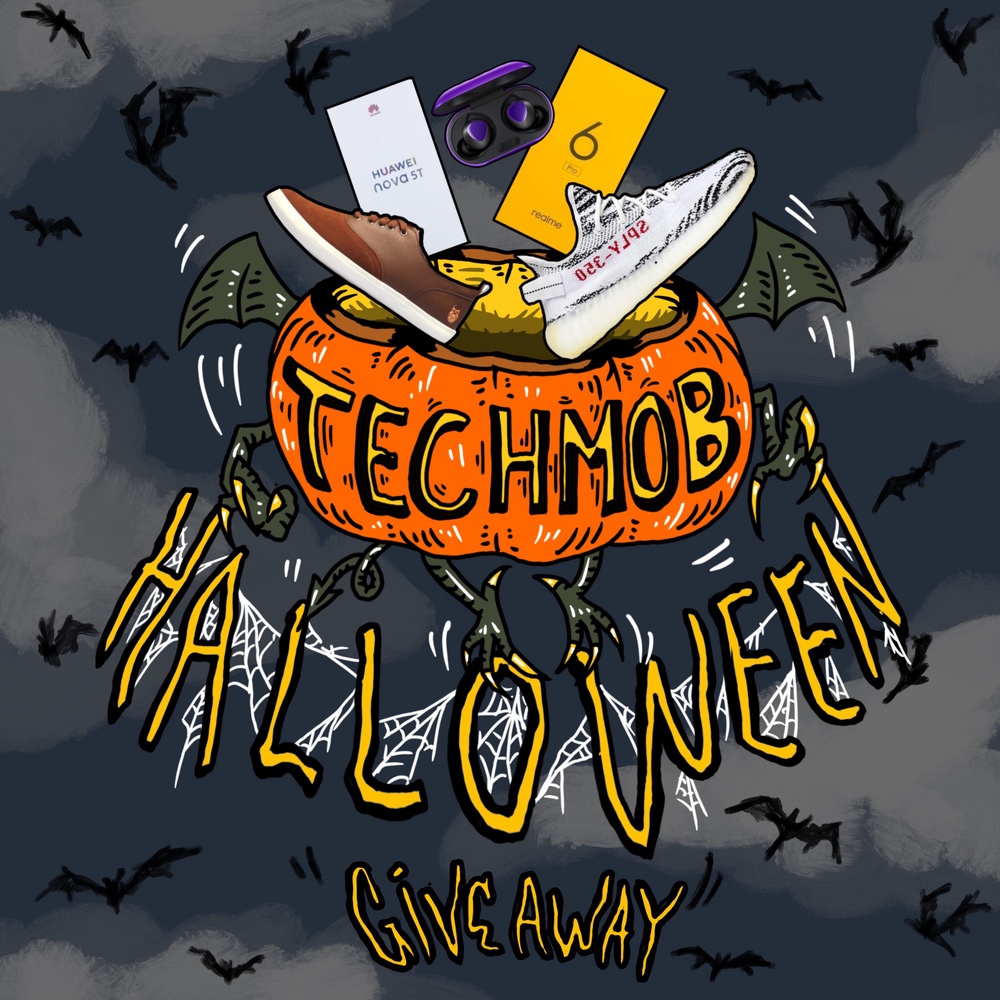Despite all the upgrades ChatGPT got in the past few months, which include being more human, developer OpenAI has been on a rollercoaster ride. The highlight of its crazy 2023 involved co-founder and CEO Sam Altman, who was hired and rehired in one week. The insane series of events showed the politics and power play behind ChatGPT and its potential dangers when it falls into the wrong hands. If 2023 wasn’t already a mess for OpenAI, The New York Times filed a lawsuit against OpenAI and Microsoft, accusing them of copyright infringement.
You can read the lawsuit here.
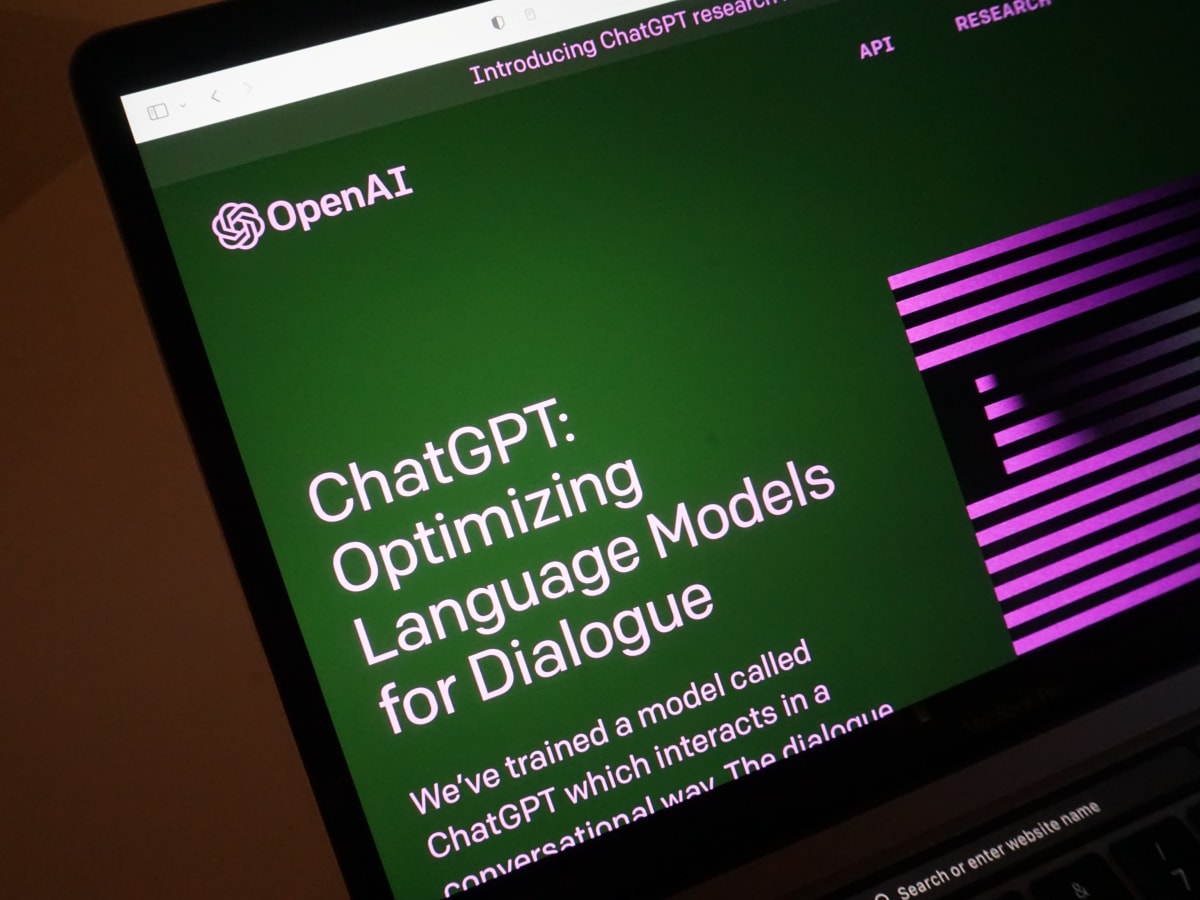
According to the lawsuit, The New York Times alleged that ChatGPT used several of its articles without its permission, and poses to compete against the newspaper giant as a trustworthy source of information.
The lawsuit is described to be the best case for arguing that Generative AI is copyright infringement. In an analysis by IP and AI lawyer Cecilia Ziniti, the lawsuit elaborates that articles from The New York Times are one of the biggest datasets OpenAI uses to train ChatGPT. Microsoft’s involvement in the lawsuit is because it is a major investor in OpenAI and utilizes the power of AI with a number of its products like Copilot.

The problem with this is that ChatGPT generates “verbatim excerpts” from The New York Times articles, of which a number of them cannot be accessed without paying for a subscription that costs at least $10 a year. Because of this, ChatGPT users can get content from The New York Times without paying for a subscription, which translates to losing subscription revenue and advertising clicks. ChatGPT also offers a paid service called ChatGPT Plus, which costs $20 a month.
“The complaint paints OpenAI as profit-driven and closed. It contrasts this with the public good of journalism. This narrative could prove powerful in court, weighing the societal value of copyright against tech innovation,” Ziniti explained in a series of tweets.

This is not the only copyright infringement lawsuit against ChatGPT: last September, a group of authors that include John Grisham and George RR Martin filed a similar lawsuit, with the group stating that AI companies should compensate them for using their work.
There’s also an issue with generative AI utilizing text-to-image generators, where language models like Midjourney are allegedly trained on copyrighted artwork.



